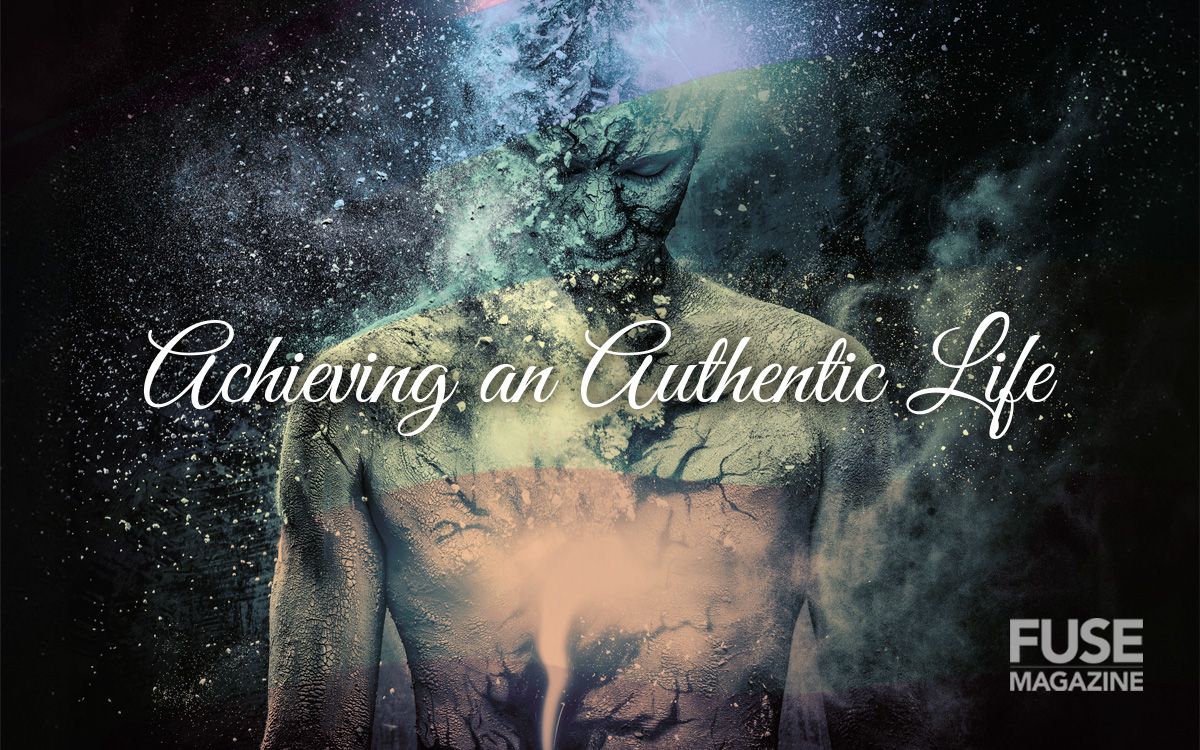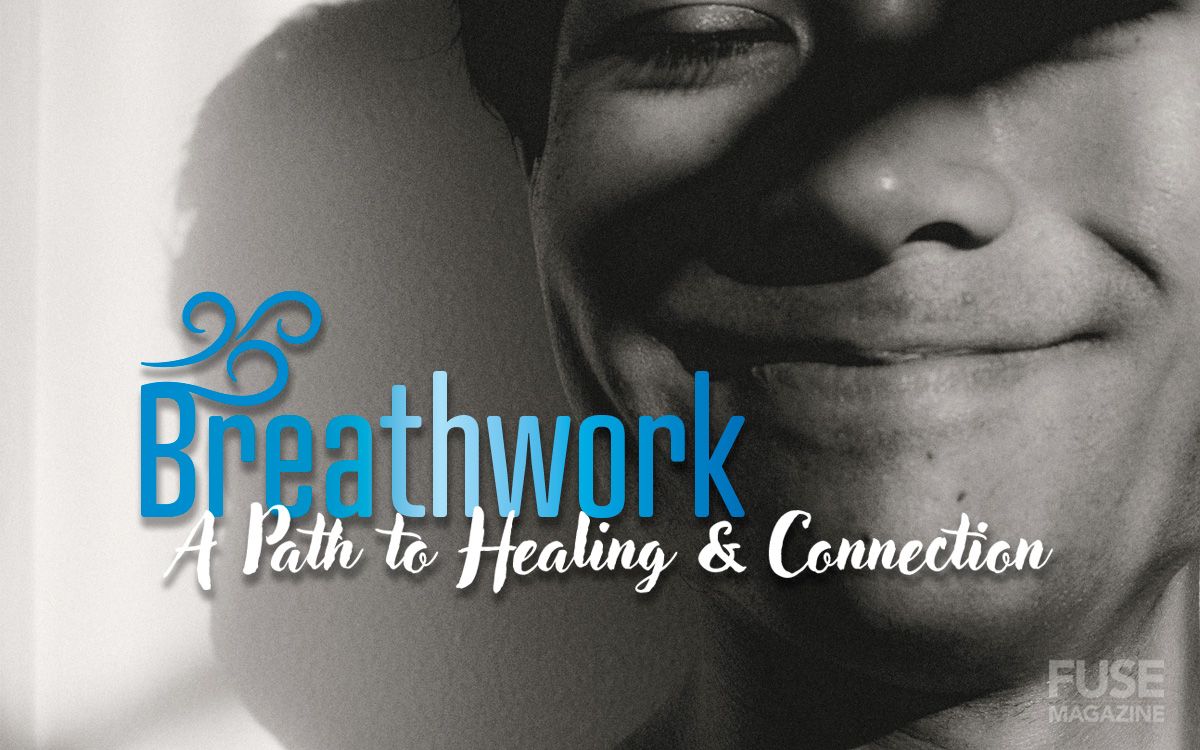A Matilda’s Story of Courage, Family and Pride
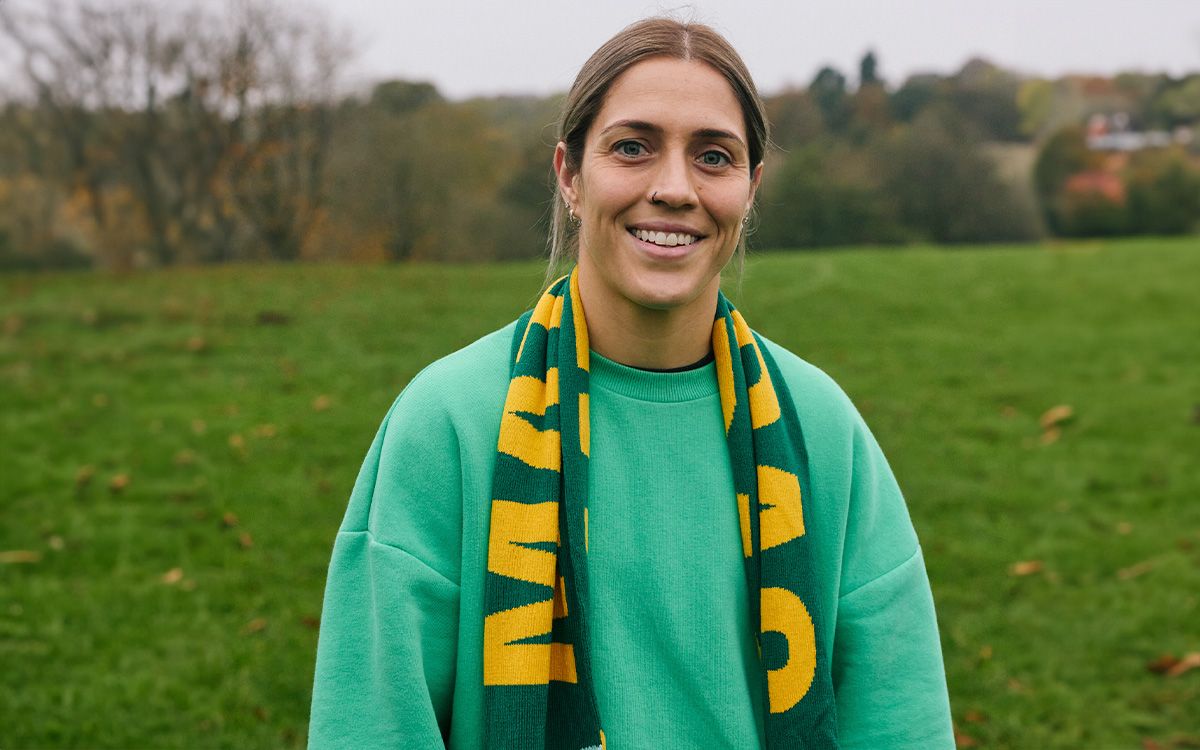
Over the years, the Matildas have emerged as a significant source of national pride in Australia. Their remarkable performance in the 2023 FIFA Women’s World Cup not only captivated the nation but also set viewership records.
The Matildas’ success has been celebrated as a triumph for women’s sports, serving as a catalyst for increased participation and promoting inclusivity, especially for the LGBTIQ+ community.
Katrina Gorry, Matildas star midfielder, proud mother and lesbian trailblazer, graces our cover this issue of FUSE. In a sea of green and gold, she shines not just for her prowess on the field, but for the courage that defines her journey both as an elite athlete and as a member of the LGBTIQ+ community. Gorry’s story resounds as one of resilience, love and authenticity.
A SPORTING LOVE STORY
When Katrina Gorry sprinted out onto the field during the FIFA Women’s World Cup, with her two-year-old daughter Harper waving from the stands, it was more than just a family moment; it was both Australian and queer history in motion.
The Matildas star has undoubtedly been an LGBTIQ+ trailblazer on and off the field, making her recent release of her memoir, Katrina Gorry: A Matilda’s Story of Football, Motherhood and Breaking Down Barriers, a must-read for fans. Her book offers an insight into her journey, showcasing a story filled with grit, love and a relentless drive to challenge the status quo.
Gorry reflects on her childhood in Brisbane, surrounded by football. “I loved going to watch my older brothers and just wanted to do everything they did,” she recalls. “After a short-lived attempt at netball, my mum finally signed me up for a football team. From then, I just fell in love with the game.”
Until the age of 13, most of her playing was alongside boys, an experience she calls “challenging but thrilling.” Her talent was quickly noticed, eventually earning her a place at the Queensland Academy of Sport, followed by a place in the Ninja Women Squad ‘Brisbane Roar’, where she became the first player to sign a multi-year contract.
“For me, it (SOCCER) was the one place I felt safe as a young gay woman. Football became my sanctuary.”
Since then, she has played across Japan, the US, Norway and Sweden. Most recently, she became the captain of West Ham United in the UK. Gorry’s stunning rise has been a testament to her relentless commitment and love for soccer.
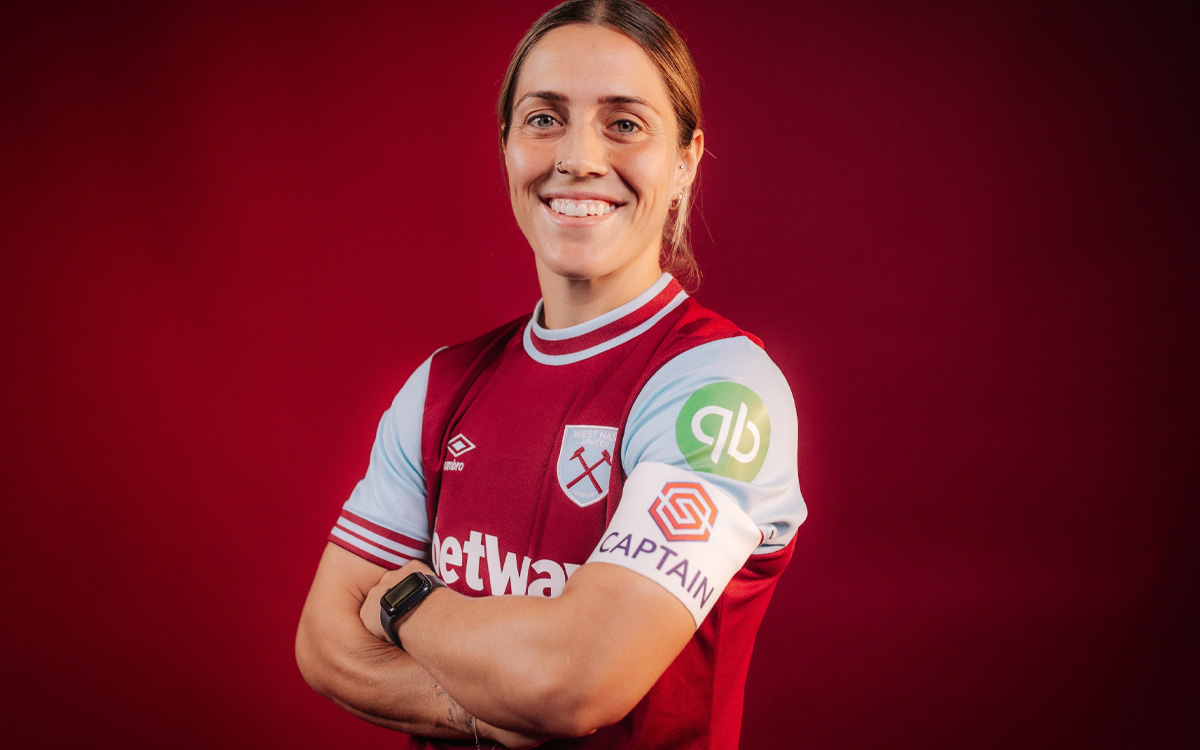
In candid details, her memoir lays bare her deep desire to be a mum and her conflicted relationship with football during her pregnancy, saying that while pregnant with Harper — conceived via IVF — she never thought she’d return to the sport she loved.
“I kind of resented it a fair bit, just being away from my family all the time. I had no expectation of getting back to football when I fell pregnant with Harper.” Yet to her surprise, motherhood reignited her football spirit.
“The day I held Harper in my arms, I knew I wanted to get back out there and make her proud.”
Her comeback game for the Matildas stands among her proudest moments: “Running on the fields in the green and gold, after I had her, feeling more in love with the game than ever, that was special.”
Open about the physical and psychological challenges, Gorry says, “Childbirth changes you. I went through IVF in Norway, learned I was pregnant during hotel COVID quarantine and missed the Tokyo Olympics. But bouncing back after pregnancy gave me renewed appreciation for the female body.”
“I probably should have realised this as a footballer, but it took me being a mum to really feel proud of myself.”
BREAKING THE MOLD, BEING A MOTHER & A FOOTBALLER
After the birth of her daughter, club and national teams rallied around Gorry, determined to enable her to keep playing at her peak.
“Football is family. To see clubs and national teams rallying around mothers, figuring out ways to support us — it’s incredible.”
She credits the evolving environment in women’s football for making it possible, and sees herself as part of a movement. “You didn’t really see athletes combining motherhood and professional sport in the past. If you wanted a family, you hung up your boots. Now, we’re breaking down those barriers and it’s making us better footballers.”
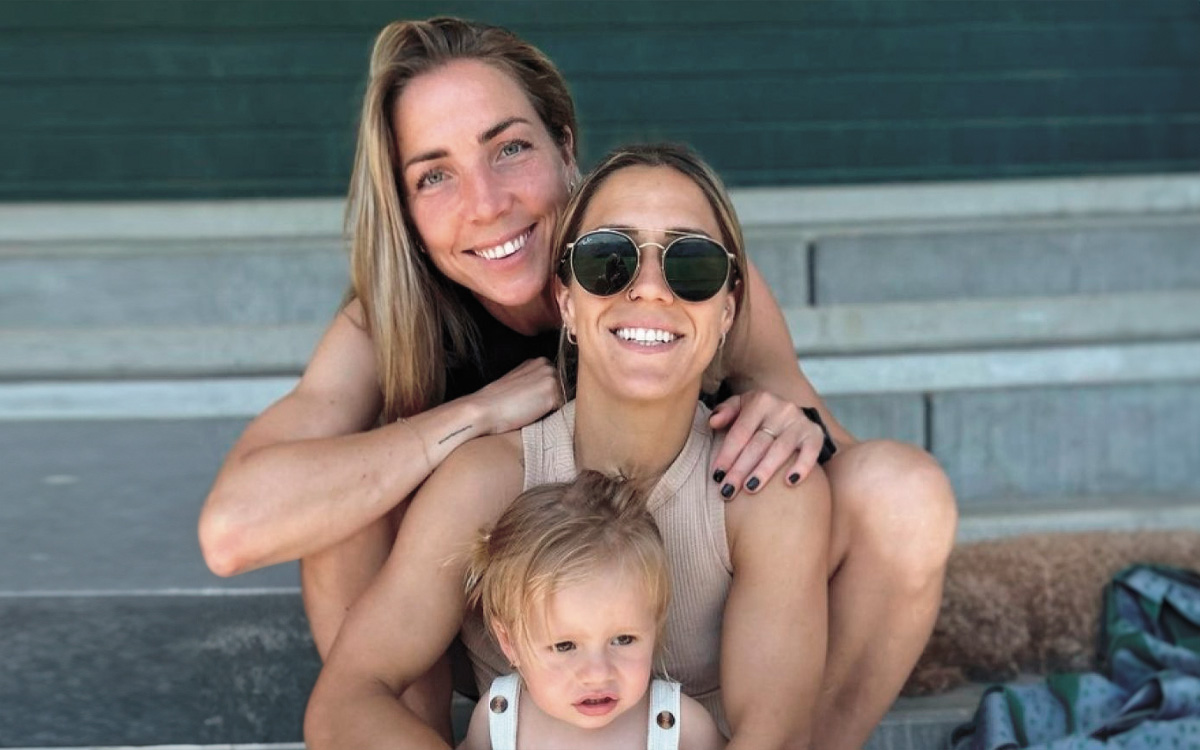
Katrina Gorry, her partner Clara Markstedt and Harper.
“Football Australia has been fantastic allowing me to play my best, travel with the team and have Harper alongside me.”
From her partner, Clara Markstedt — a former Swedish football pro — and Harper’s giggles on the sidelines to the heartfelt support from her mother, Linda, whom she describes as her hero, Gorry says her support network has been crucial in being both a sportperson and a mum. The juggle is real, she admits:
“Travel is hard now, but Clara is an amazing partner. Our kids are surrounded by strong women — it’s a joy every day.”
THE MATILDAS HAVE CHANGED AUSTRALIAN SPORT FOREVER
Katrina Gorry’s journey as a Matildas player transcends personal achievements; it’s rooted in a desire to create a lasting legacy.
The recent Stan Original documentary Trailblazers chronicles her and her teammates’ efforts to break barriers and establish themselves as icons in women’s sports. During the doco, she reflects on the transformative impact of their efforts, stating:
“What we’ve done in the past couple of years changed football, changed sport in Australia forever.”
Her purpose extends beyond football. She also aims to leverage her and the team’s influence to enact positive change in various areas, including LGBTIQ+ issues, inclusion, mental health and motherhood. Gorry emphasises, “It’s about using our voice to help people,” highlighting her commitment to making a difference both on and off the field.
Coach Tony Gustavsson complements Gorry’s vision, praising players who balance extraordinary careers and motherhood. He believes these experiences add depth rather than distraction, demonstrating that children can bring joy and focus to athletes’ lives. This holistic view of motherhood and sport reinforces the notion that both can coexist beautifully.
A MATILDA’S STORY
Katrina Gorry’s book was released in June with a nationwide book tour. Fans flocked to signings, eager to connect with her story. During a recent event with Grace Gill at Dymocks in Queensland, Gorry expressed her excitement, “I can’t wait for everyone to read it — sharing my story, hoping it connects with people going through their own struggles and victories.”
Her enthusiasm for sharing her experiences is evident, especially as she considers the impact on others who may resonate with her journey. Gorry fondly recalls her past when she drew inspiration from reading football books, hoping her own narrative can now serve as a beacon for others.
With the Paris Olympics done and dusted, her family growing and her role as a mother deepening, Gorry embodies the possibility of harmonising passion with parenthood. She feels that football has given her so much:
“Football gave me everything — and Harper gave me the courage to return to the pitch with more love than ever before.”
As a sportsperson and proud LGBTIQ+ community member, Katrina Gorry is not merely making history, she is reshaping its course for future generations. Her story and ongoing advocacy challenge stereotypes around motherhood and elite sports; demonstrating resilience, inspiring others to pursue both career and family, and paving the way for a more supportive environment for female athletes with children.
As her new book reaches readers across Australia and the world, it’s clear that she is committed to cementing her legacy, both on the field and beyond.
Katrina Gorry: A Matilda’s Story of Football, Motherhood and Breaking Down Barriers is published by Allen & Unwin and is available now.





